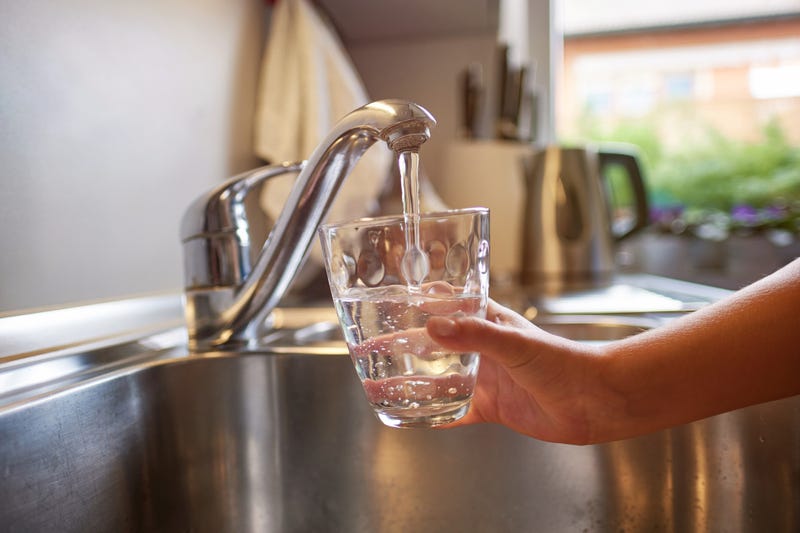
Three Louisiana state senators are seeking to ban the state and its cities from adding fluoride to their water supplies. Senate Bill 2, authored by Sen. Mike Fési (R-Houma), Sen. Patrick McMath (R-Covington), and Sen. Heather Cloud (R-Turkey Creek), would force the Louisiana Department of Health to end its water fluoridation program and ban the state's municipalities from adding fluoride to their water systems.
These bills mirrors a new law in Utah, which, in May, became the first state to ban water fluoridation.
Health experts are now sounding the warning about the health risks this bill would pose if it were to become law. In fact, New Orleans city health director Dr. Jennifer Avegno says SB 2 will *NOT* make Louisiana healthy again.
"When your mouth isn't healthy, that can lead to a lot of physical things like cardiovascular disease and infections that people might not necessarily think about, but all of those are linked back to cavities," Dr. Avegno said. "(Water fluoridation) has tremendous benefit for oral health and physical health."
Dr. Avegno points to Calgary, Alberta, Canada, is a prime example of what would happen if water fluoridation in Louisiana ended. Calgary took fluoride out of its water in 2011. City leaders reversed that decision 12 years later after dental and physical health of the city's residents declined.
Dr. Avegno says this bill would drive up health care costs, especially for parents, in a state in which residents are heavily dependent on Medicaid.
"If you've ever had a kid with a cavity or needing a teeth procedure as I have, it's painful, it takes them out of school, and it's really unnecessary when we could do things to prevent it," Dr. Avegno said. "All of us in the health care field would rather prevent something rather than see our patients needlessly suffer because they didn't get that preventative care."
Dr. Avegno blames misinformation for sparking the anti-fluoridation movement. While Avegno acknowledges that high levels of fluoride can cause health problems, she says the amount of fluoride added to local water system falls well below dangerous levels: the federal standard for water fluoridation is seven-tenths-parts per million, or three drops of fluoride in a 55-gallon barrel.
"The standards are set at what we know to be the safe level in drinking water," Dr. Avegno said. "We're talking about really, really, really tiny amounts that add up to big health gains particularly for our children."
We reached out to the bill's three sponsors for comment. We are awaiting their responses.
